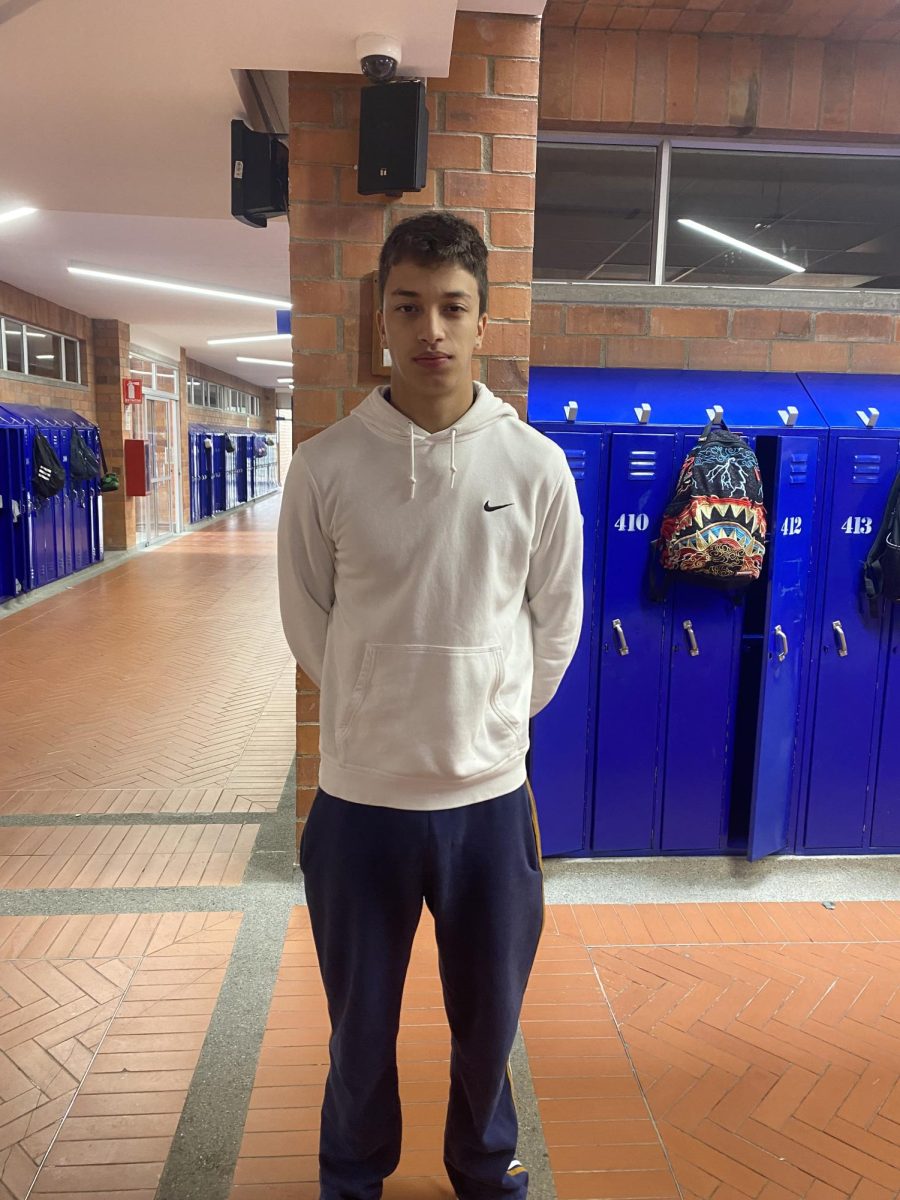In response to the evolving landscape of athletics, schools are implementing policy changes to accommodate high-performance athletes while ensuring equity for all students.
As the pursuit of athletic excellence becomes increasingly demanding, schools are facing the challenge of providing adequate support for high-performance athletes without neglecting the needs of other students. This shift in policy aims to strike a balance, fostering an inclusive environment while nurturing exceptional talent.
“Ensuring that all students have access to the resources they need to succeed in academics, extracurricular activities, and athletics is paramount. We must create an environment that supports both the pursuit of excellence and the well-being of every individual, regardless of their level of athletic achievement,” Senior Juan Esteban Perez Said.
One of the key aspects of these policy changes revolves around flexible scheduling to accommodate rigorous training regimens. Schools can support their athletic aspirations by allowing high-performance athletes to tailor their academic schedules without compromising their educational journey.
“As educators, it’s our responsibility to recognize and support the diverse talents of our students. Flexible scheduling ensures that our high-performance athletes can excel both on the field and in the classroom,” P.E. High School Teacher Urbano Mesa said.
Moreover, schools are implementing comprehensive support systems to address the unique challenges faced by high-performance athletes. This includes access to specialized coaching, strength training facilities, and academic tutoring tailored to their demanding schedules.
“Having access to specialized coaching and training facilities not only enhances our performance but also instills a sense of belonging and support within the school community,”Senior Jacobo Mantilla, said.
Additionally, schools are revising their eligibility criteria for participation in sports teams to ensure fairness and inclusivity. While maintaining high standards for athletic performance, these changes aim to provide opportunities for students of all skill levels to engage in sports and extracurricular activities.
“By revising our eligibility criteria, we’re fostering a culture of inclusivity and sportsmanship. Every student, regardless of their athletic ability, deserves the chance to experience the benefits of teamwork and competition,” Mesa said.
In navigating the complex landscape of high-performance athletics, schools are proactively adapting their policies to support the holistic development of students. By fostering an environment that values inclusivity, equity, and excellence, these policy changes aim to empower all students to thrive on and off the field.
“As stewards of education, we must create an environment where every student can reach their full potential. These policy changes signify our commitment to nurturing talent, fostering inclusivity, and shaping well-rounded individuals,” Senior Pablo Londoño said.
Following Pablo Londoño’s statement, it is evident that prioritizing the holistic development of all students is crucial.
By prioritizing inclusivity and excellence, schools are not just shaping athletes, but well-rounded individuals ready to succeed in all aspects of life,” Londoño said.



